Dozens of people lined the streets in front of Stockholm District Court this morning as a first-of-its-kind trial of a former Iranian prison official got under way.
Hamid Nouri was arrested in Sweden in November 2019 after a private plaintiff accused him of having had a decisive role in the 1988 massacre of political prisoners in Iran. The former prosecutor’s assistant at Gohardasht Prison was indicted earlier this year on charges of murder and war crimes: offences serious enough that they can be prosecuted in a third country under the principle of international jurisdiction.
Family members of some of those killed travelled to Sweden this week for the opening of a court case expected to run until around next April, with around 70 witnesses due to be called by the prosecution. This is the first time a former agent of the regime has stood trial in connection with the slaughter.
Iraj Mesdaghi, a human rights activist and one of the key witnesses in the case who helped to positively identify Nouri, said the 60-year-old defendant was led into court on Tuesday by several policemen with his hands cuffed.
Prosecutors read out the charges on Tuesday and in their opening statements, accused Nouri of “deliberately taking the lives of a large number of prisoners”, of placing inmates in the so-called “corridor of death”, reading their names and personal information out to staff, and lining up the condemned to be taken to systematic executions.
Despite Mesdaghi’s testimony, Nouri’s lawyers maintain the plaintiffs have got the wrong man. During the hearing on Monday the defendant never spoke, but threw the occasional angry glance at the courtroom and sometimes grinned.
Outside the courtroom a crowd of onlookers including journalists, activists and victims’ families and friends played music and held up pictures of some of those who were killed in 1988. Volunteers erected posters bearing the faces of dozens more victims on the fence opposite the court building.
Thousands of jailed members of the opposition Mojahedin-e Khalq (MEK) organization were sent to their deaths in the late summer of 1988, on the orders of Ayatollah Khomeini in the aftermath of the Iran-Iraq war. This “first wave” of killings was followed by a purge of leftist Iranian prisoners who were found not to be adherents to Islam.
So-called “death panels” were set up in prisons across the country to determine – based on interrogations lasting mere minutes – whether each detainee would live or die. The victims’ bodies were then driven away from the compounds in trucks and buried in mass graves.
Iranian authorities have never revealed the locations of the graves, which Amnesty International has said may constitute an ongoing crime against humanity as it amounts to enforced disappearance.
More than thirty years have passed since the 1988 massacre. But for countless Iranians it still constitutes an open, traumatic wound. Some of those in court on Tuesday also carried pictures of their parents, who died not knowing what happened to their children.
Hearings will take place for three days a week from now until well into 2022. A few participants have expressed hope that the Swedish trial could open the door to prosecutions of other Iranian officials for their part in the massacre – up to and including Iran’s new president, Ebrahim Raisi, who sat on the Tehran death panel.
Related coverage:
'The Nation is a Plaintiff': Scores of Iranians to Testify in Case Against Hamid Nouri
Hamid Nouri to Face Trial for War Crimes in Sweden Over 1988 Massacre of Iranian Prisoners
Iranian Ex-Prisoners Recall 'Courier of Death' Hamid Nouri Ahead of Sweden Trial
Justice at Last? 1988 Massacre Suspect Arrested in Sweden
A Move For Justice Around the World
Raisi's Crimes Against Humanity Will Haunt his Presidency
1988: The Crime that Won't Go Away
Ebrahim Raisi: The Case for the Prosecution
Fresh Calls for Mousavi to Face Criminal Investigation Over 1988 Massacre
visit the accountability section
In this section of Iran Wire, you can contact the officials and launch your campaign for various problems




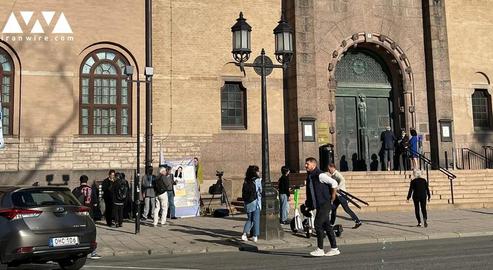
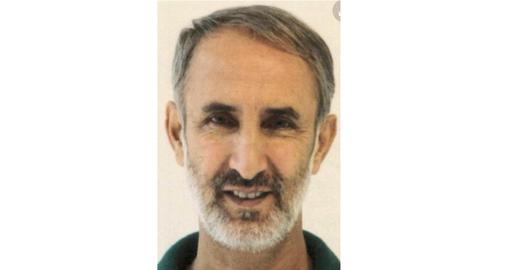
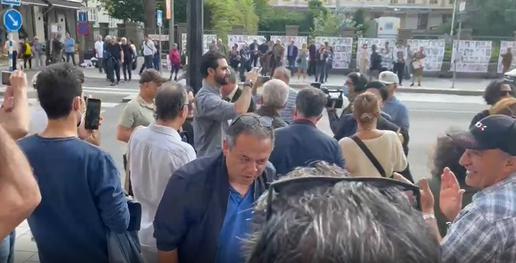
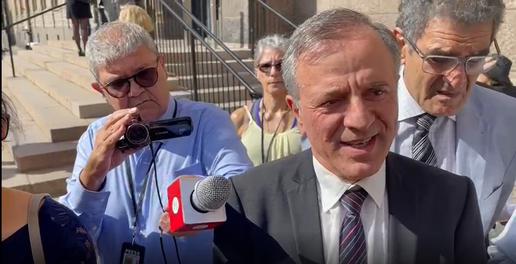
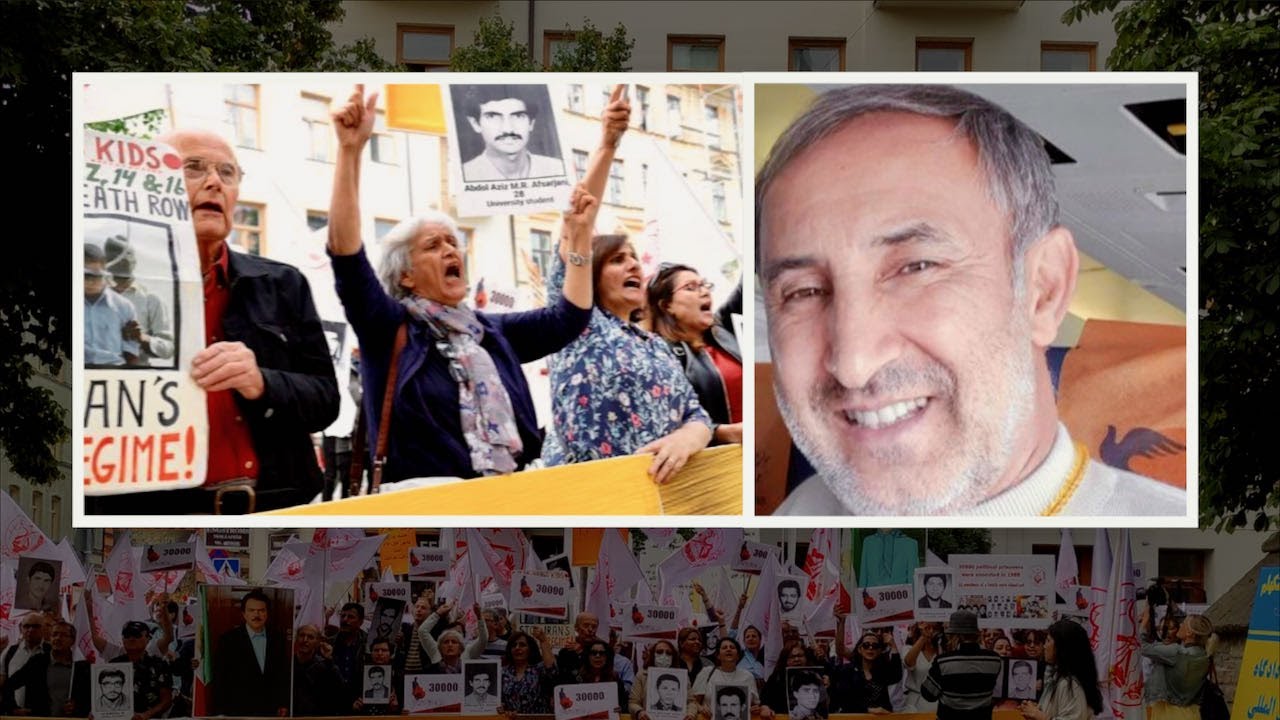



















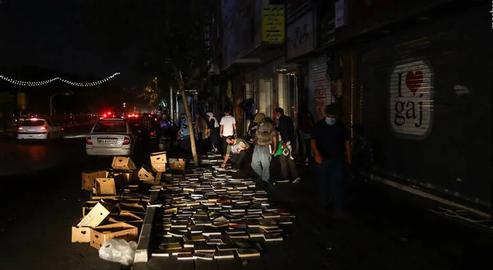
comments